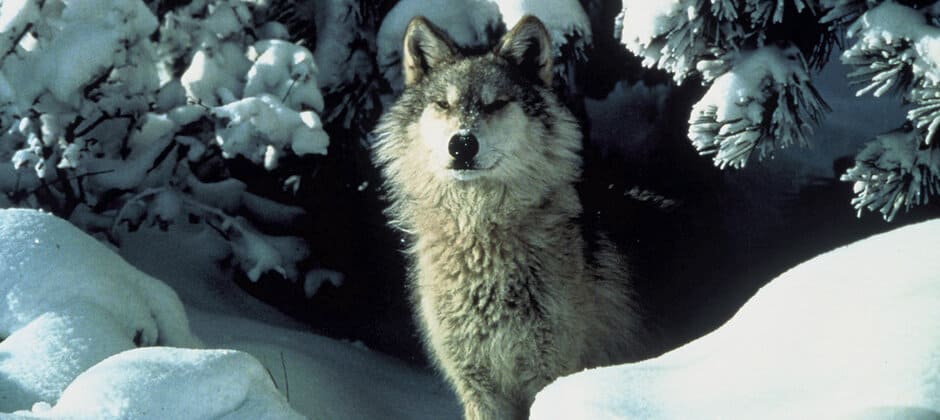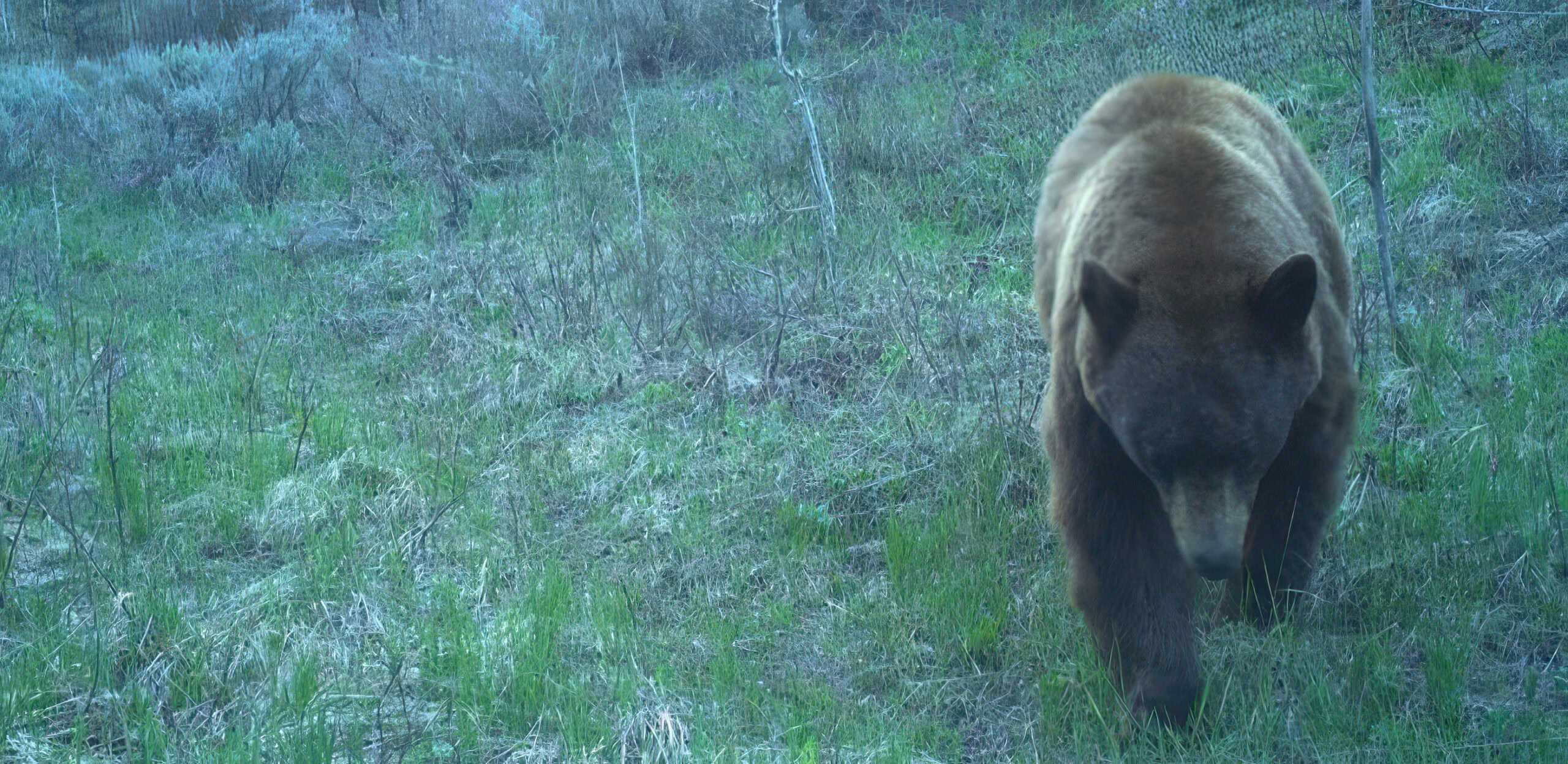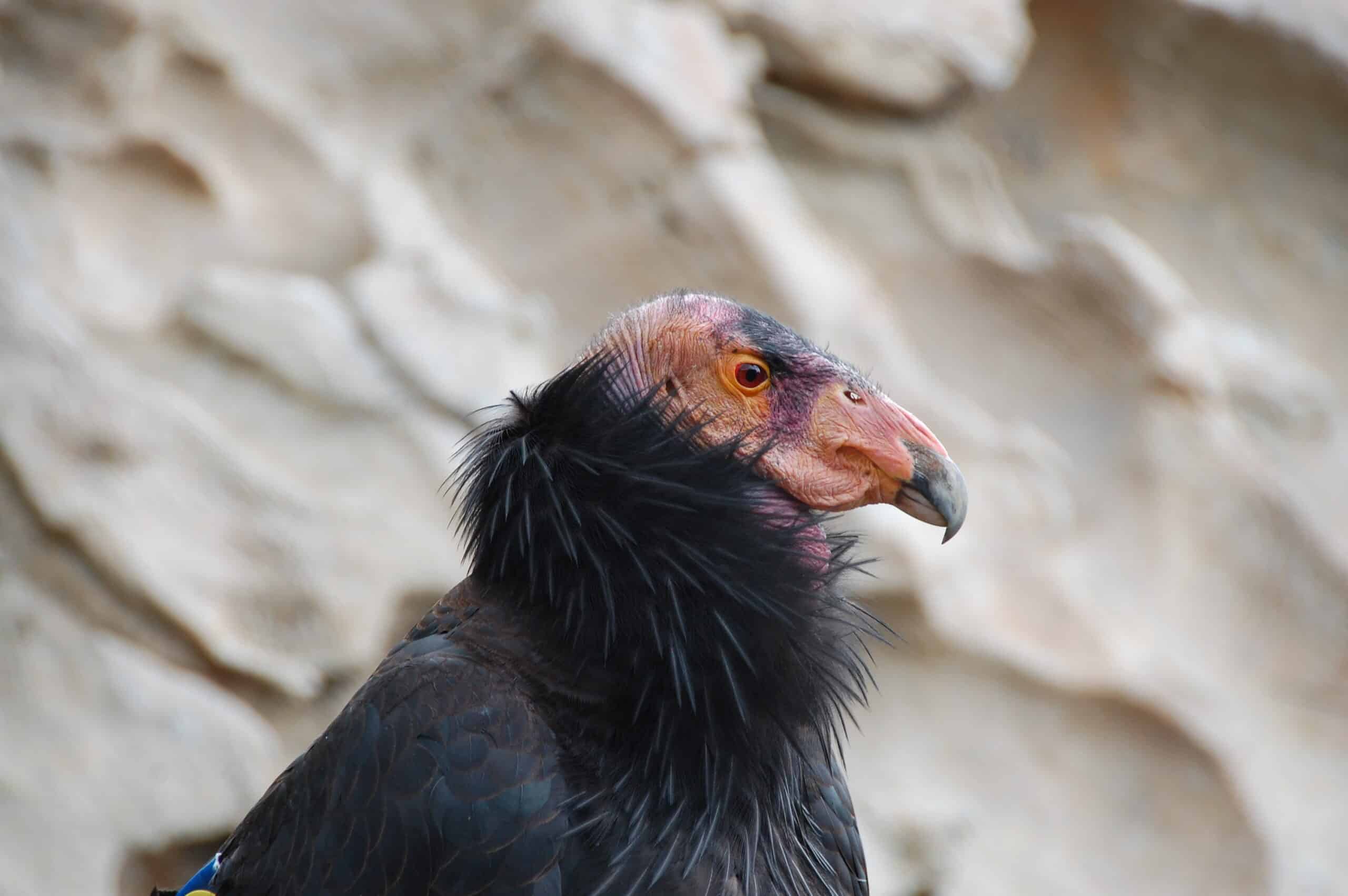Share this article
Idaho to reimburse hunter expenses for wolf harvest
The Idaho Department of Fish and Game has developed a plan, in response to recent legislation, in which the agency will offer payments to hunters and trappers who harvest gray wolves (Canis lupus) as a means to keep wolf numbers down where the predators have conflicts with livestock.
A total of up to $200,000 will be available for these payments through next summer. The funding will come from the licenses and fees paid to Fish and Game, and will be distributed by the state’s Wolf Depredation Control Board in cooperation with the nonprofit Foundation for Wildlife Management.
The payments to hunters and trappers will vary by area. Payments of $2,500 per wolf will be available in areas where the agency has determined that wolves are chronically preying on livestock. Those are areas where at least one confirmed or probable livestock depredation has occurred each year for five years. In areas where predators are preventing the agency from meeting elk management objectives, $2,000 payments will be available. The northern end of the state will see $1,000 payments, and wolf kills throughout the rest of the state will garner $500 payments.
Idaho has held wolf hunts for several years, as wolves in the Rocky Mountains were first proposed for delisting in 2009 and then legislatively removed from the federal endangered species list in 2011.
Earlier this year, state legislation was passed making a number of changes to wolf management within Idaho, including expanding the allowable methods of take, increasing funding for the Wolf Depredation Control Board, and mandating year-round wolf trapping seasons on private lands. According to the Idaho Department of Fish and Game, the state wolf population in 2020 was 1,556 wolves. The legislation calls for bringing that number down to 500.
The U.S. Fish and Wildlife Service is currently reviewing whether wolves in the western U.S. should be relisted under the Endangered Species Act. The Wildlife Society previously issued a statement that highlighted the role wildlife professionals have had in restoring wolf populations over the past several decades. It also encourages state-led management that recognizes stakeholder values and advances conservation of the species.
Read TWS’ Position Statements on The U.S. Endangered Species Act and Wolf Restoration and Management in the Contiguous United States
Header Image: The Idaho Department of Fish and Game is providing financial incentives to gray wolf hunters and trappers. Credit: Tracy Brooks/USFWS








